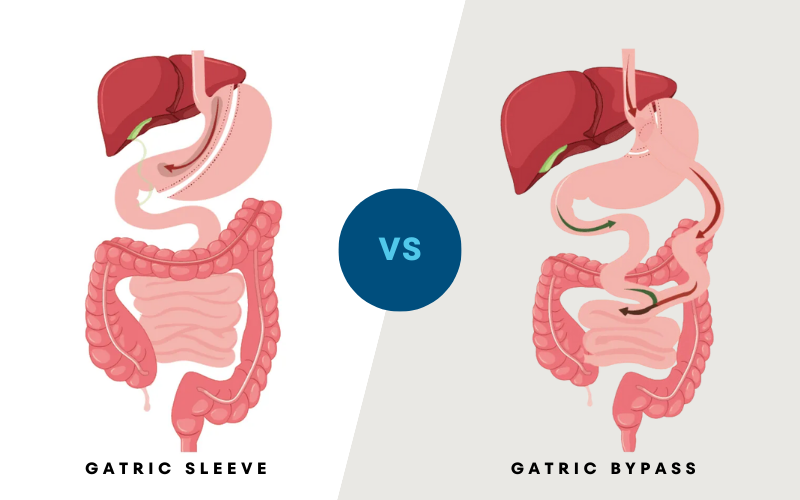Surgical Treatment For Type 2 Diabetes
Metabolic surgery is now one of the recommended treatment options for those suffering from type 2 diabetes according to the American Diabetes Association.
The experimental evidence for Gastrointestinal surgery as a treatment for type 2 diabetes has been growing steadily over the last 15 years and continues to show promising results since this type of surgery alters the mechanism of the physiologies of metabolic regulation. This means that the inner working of the digestive tract – gut hormones, bile acids, nutrient sensing and bacteria can actively improve (or at least better regulate) the insulin secretion levels within the gut.
More recent studies, and randomised data has yielded results that show a positive output metabolic surgery can have on type 2 diabetes through an improvement of Glycemic control, reduction of medication dependencies, weight loss and an improvement in life quality.
The treatment has shown to have between a 30% and 60% success rate in terms of remission cases and is very cost effective when viewed from a “quality of life per year” standpoint. The need to rely on medication has also been shown to decrease.
This type of surgery is recommended to patients with class III obesity (a BMI greater than 40). This is independent of their Glycemic control. It can also be considered as an option for those with class II (BMI 35-40) and class I (BMI 30-35) levels of obesity.
There are several types of metabolic procedures that can be considered.
Roux-en-Y Gastric Bypass
This procedure involves dividing the stomach so a smaller ‘pouch’ is created. The part of the stomach that is separated no longer receives any nutrients.
Vertical Sleeve Gastrectomy
This procedure involves surgically altering the stomach, giving it more of a “sleeve” shape. This not require any re-routing of the intestinal connections.
Lap band Surgery
This procedure involves placing a adjustable band around the top of the stomach to stimulate feelings of satiety when less food has been consumed.
Biliopancreatic Diversion
This procedure involves ‘resecting’ the stomach after a portion of it has been removed and rerouting the intestinal connections to accomodate the new physiology.
Side Effects
Risks for this type of surgery have been diminishing rapidly over the last two decades. The current mortality rate sits between 0.1% and 0.5%. These figures are on par with other procedures such as hip-replacements and hysterectomy’s. Any risks that you might be subject to should be discussed at length with your physician before undergoing any metabolic surgery. It is also vital that your surgeon follows up with you post-operation to monitor progress and assess any health-related issues that might cause problems.






